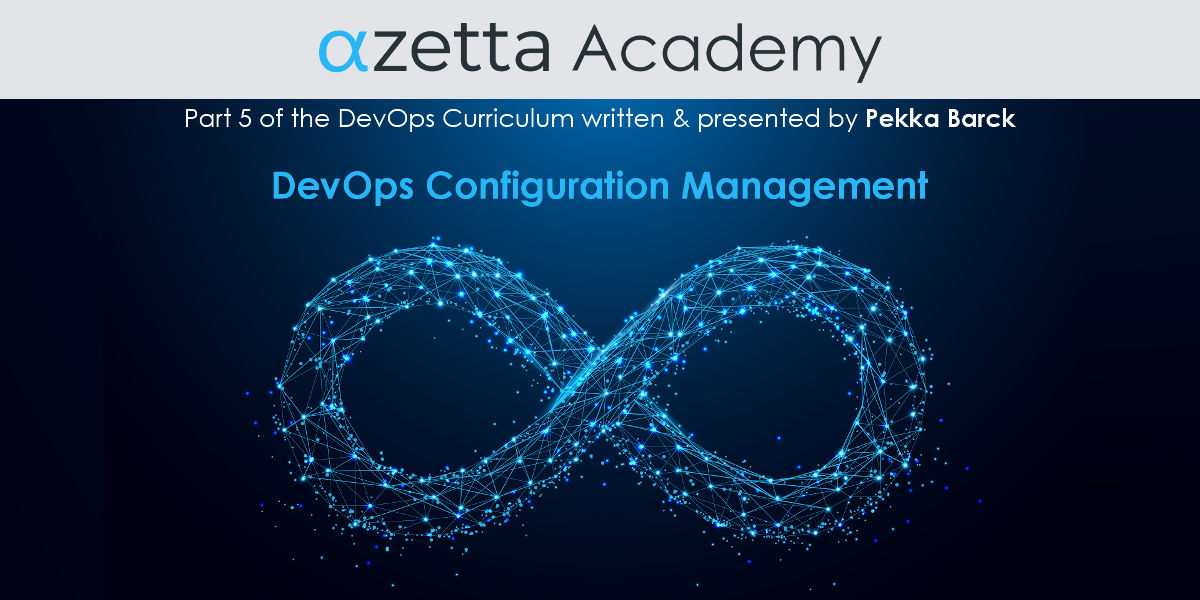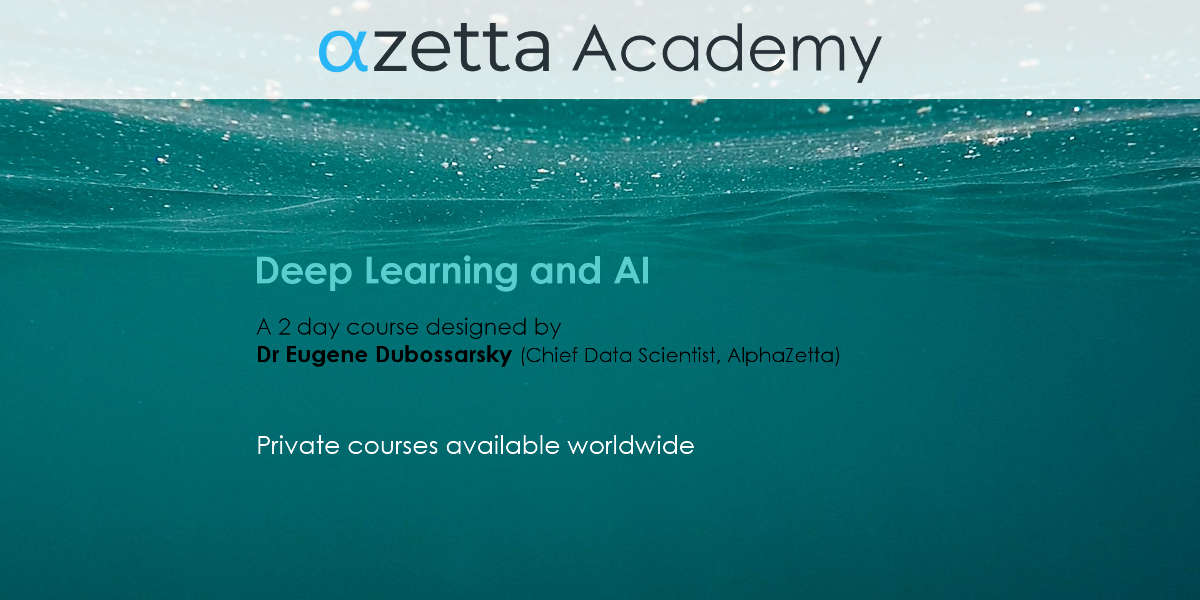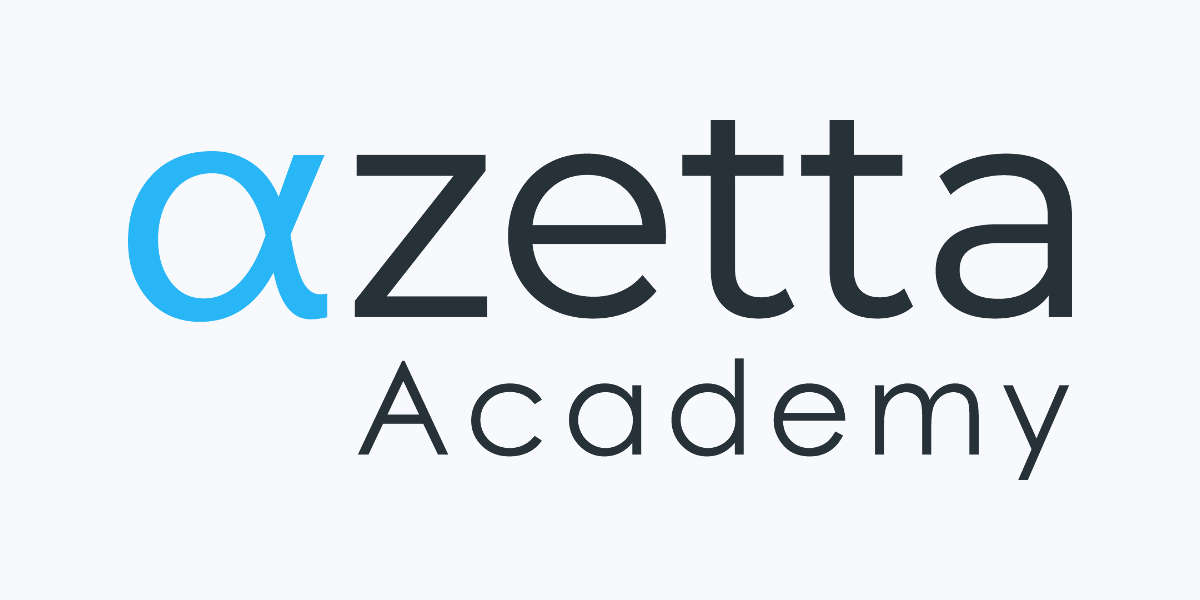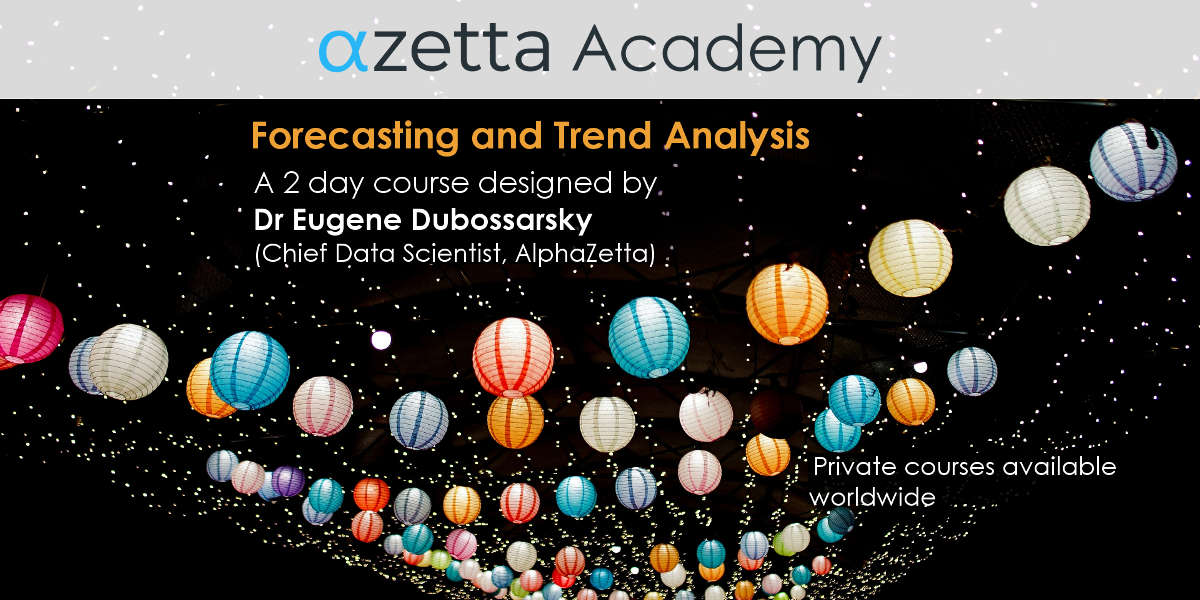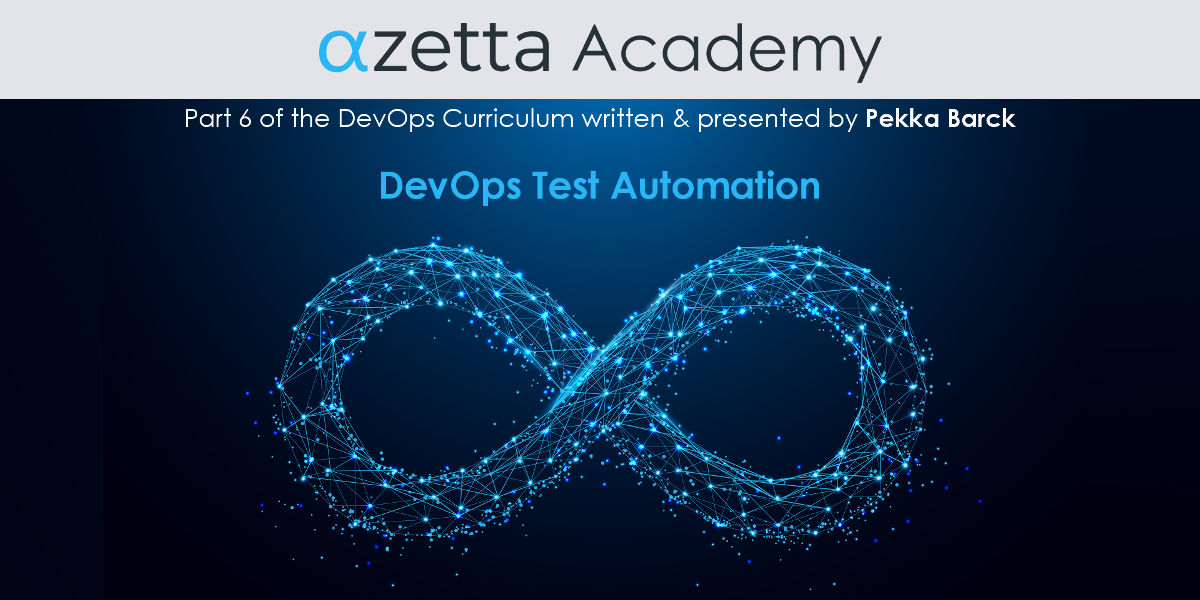DevOps Configuration Management
Configuration management operates project artefact relations. “Operates” means identification or creation, storage, retrieval, audit, control, identification and change. Configuration management combines configurations with artefacts and source code. This course looks at DevOps configuration management [...]

